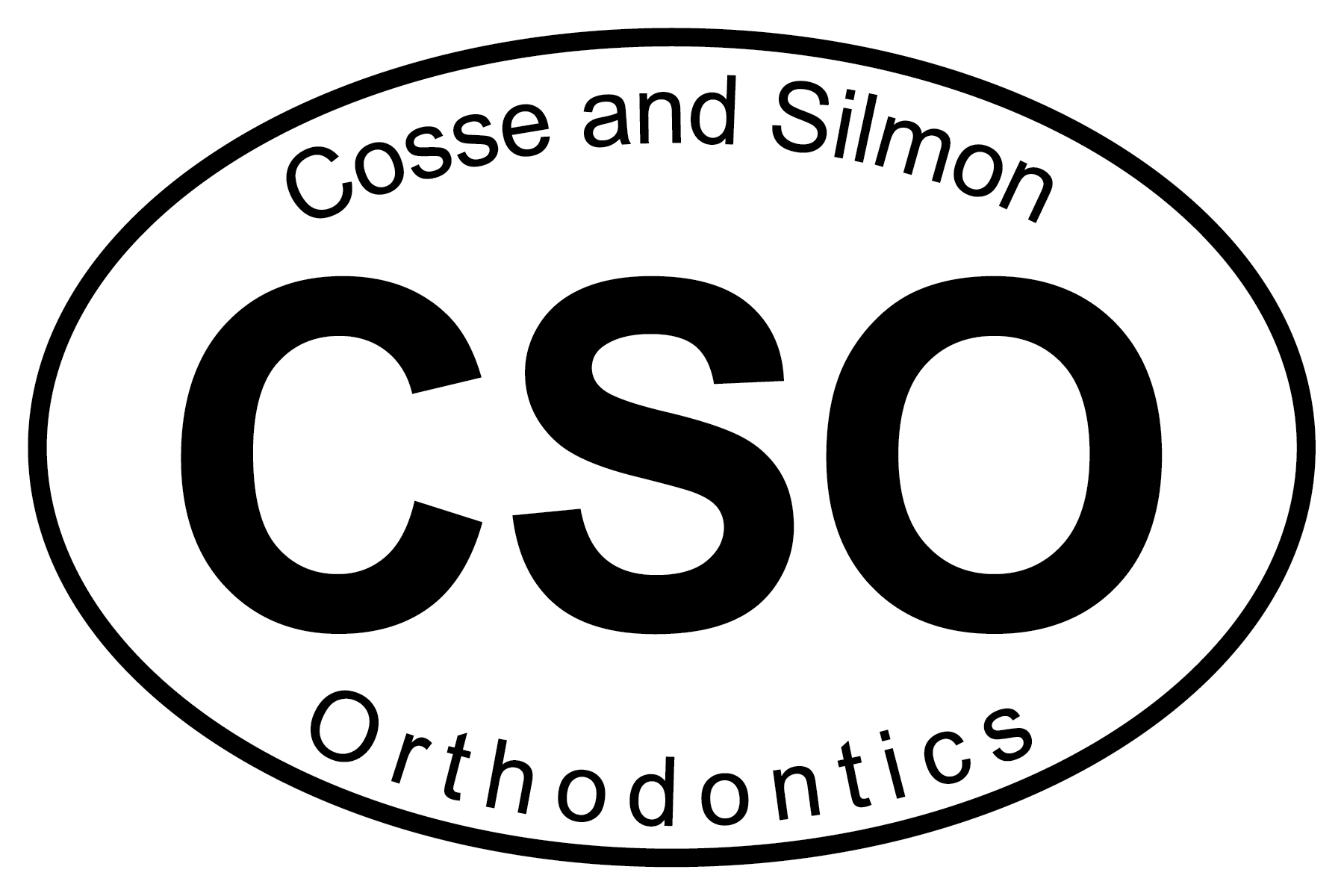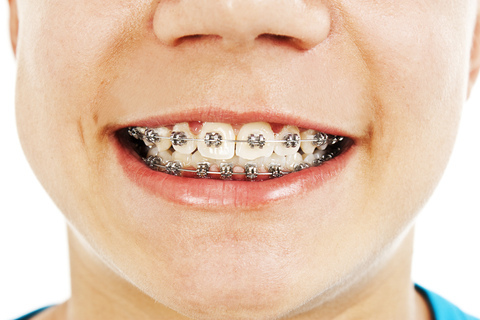Most people think braces are all about their teeth. While it is true orthodontics is meant to move your teeth into proper position, there’s more to it than that. To safely move your teeth with braces, you’re going to need healthy and stable gums (or periodontium—the tissues that support your teeth).
For this reason it’s critical to have your periodontal health evaluated prior to getting braces. This applies particularly to adults, since a 2013 study by the Center For Disease Control found that an estimated 47.2% of adults 30 years of age and older had periodontitis (gum disease). If you do have periodontitis, moving your teeth with braces will only make things worse.
Conversely, there is also risk for periodontal disease if you don’t get orthodontic treatment. Malocclusion, as well as crooked and spaced teeth, can all contribute to periodontal disease. In these situations your teeth and gums are more difficult to clean and become breeding grounds for disease causing bacteria. Bad oral hygiene combined with these traits can greatly contribute to the development of periodontitis.
So, periodontics and braces have a tricky relationship. On one hand, you shouldn’t get braces if you show signs of developing or have periodontitis, while on the other hand, braces can help prevent the possibility of developing periodontitis by correcting the bite and straightening the teeth.
If you are 30 years of age or older and are considering getting braces, it would be wise to first:
- Let Dr. Christopher Cosse know about your desire to get braces
- Get an exam to make sure you’re in good periodontal health and a good candidate for braces
- If you are a good candidate, keep an eye on your teeth and gums and get regular dental checkups throughout your entire course of treatment.
If you are in any doubt about the status of your teeth and gums, it’s always best to get them checked before embarking with braces treatment. For more information or to have your periodontal health assessed for braces treatment, please contact our office.




